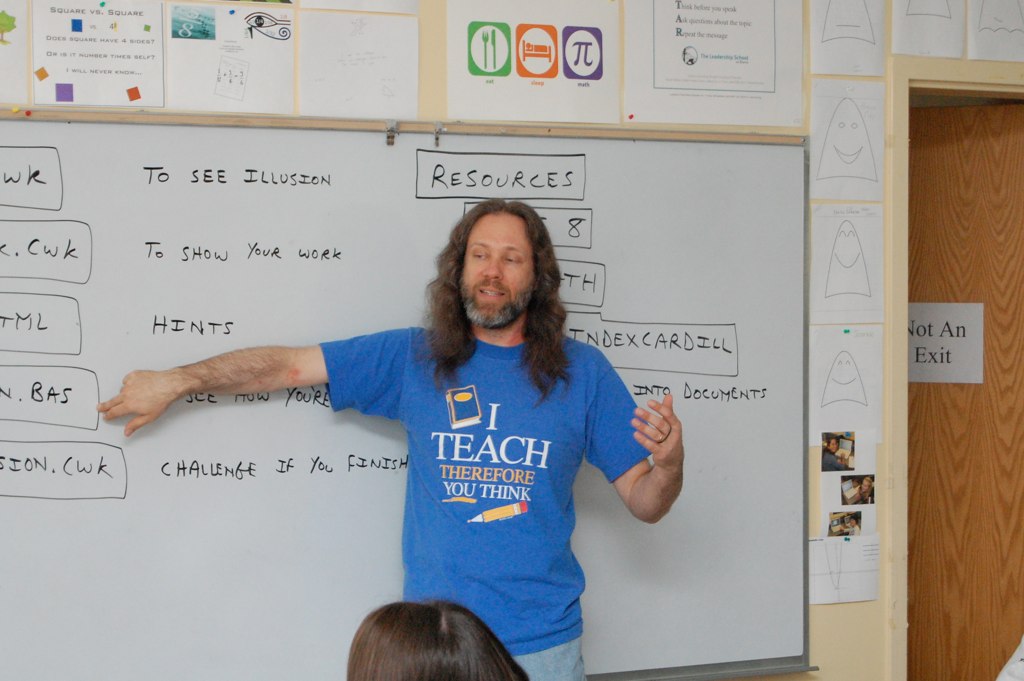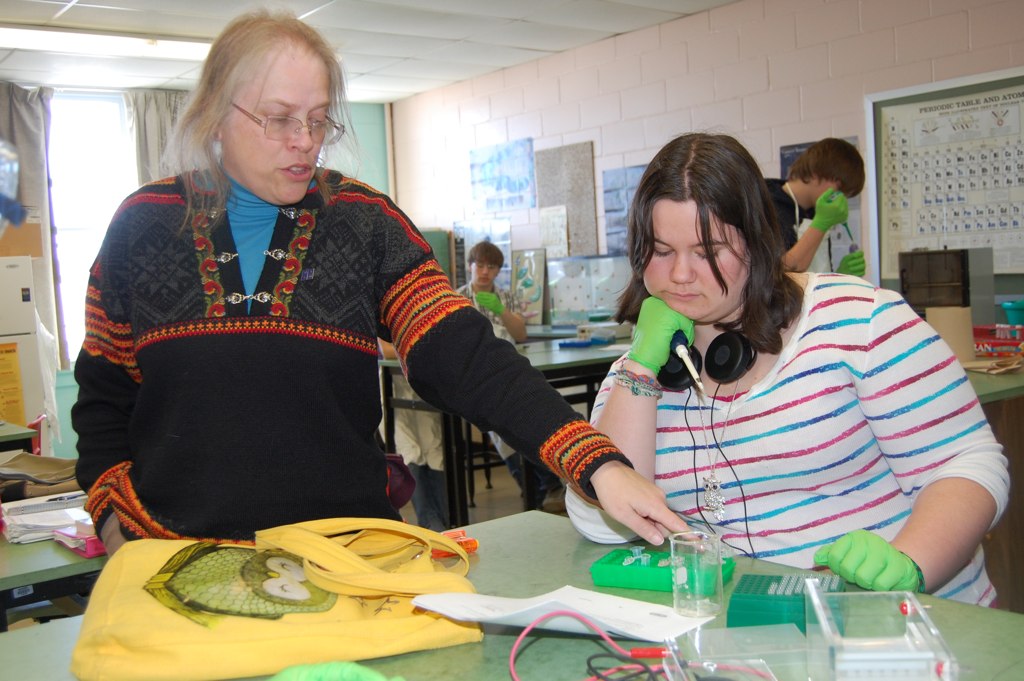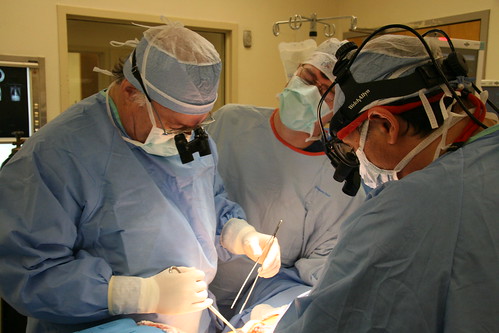http://farm6.staticflickr.com/5066/5659050942_e8e84b3553_o.jpg
Video is just one of many tools available to teachers who want to flip their instruction.
2. Flipping is about engaging students with 21st century learning tools.
Teachers could present content online using Prezis, Google Presentations, audio podcasts, and other tools.
http://farm6.staticflickr.com/5101/5636150280_79062d6f86_o.jpg
3. Flipping is about increasing students' responsibility for their learning.When students own their learning experiences, they seem to be more likely to understand and add information to their long-term memory.
4. Flipping is about leading students through rigorous and relevant learning experiences.
Flipped instruction creates more class time for activities. Teachers should fill this time with activities that are hands-on, project-based, inquiry-based, and career-oriented.
5. An expectation of making videos for all topics during the first year of flipping may be unrealistic in some cases.
I don't have the expectation that I will be a master at flipped instruction in year 1. Making instructional videos has given me a better idea of how I can make better instructional videos in the future. Also, making instructional videos must be balanced with planning engaging classroom activities.
Working as an individual teacher flipping instruction is possible, but educators may want to consider collaborating with other teachers in creating content. While I agree that the a teacher creating content for their students is ideal, giving students access to multiple experts benefits students of all teachers involved.
Bottom Line - Flipped instruction should be more about what students are able to do and less about what method of online instruction the teacher chooses.



